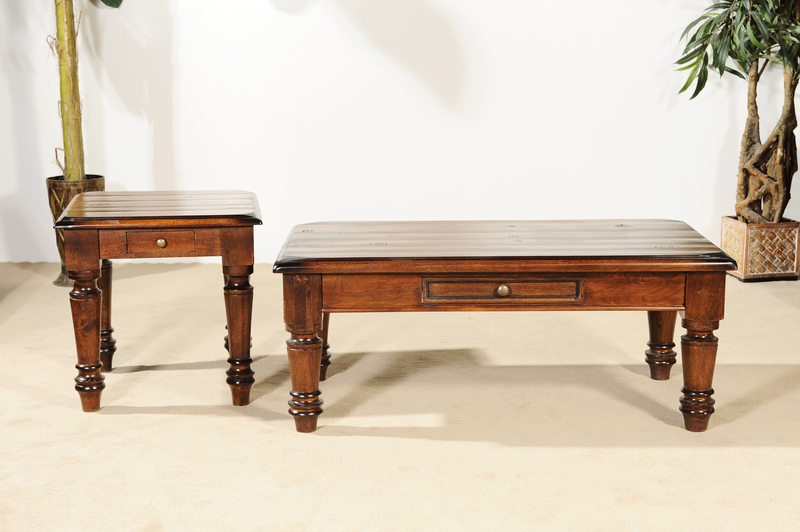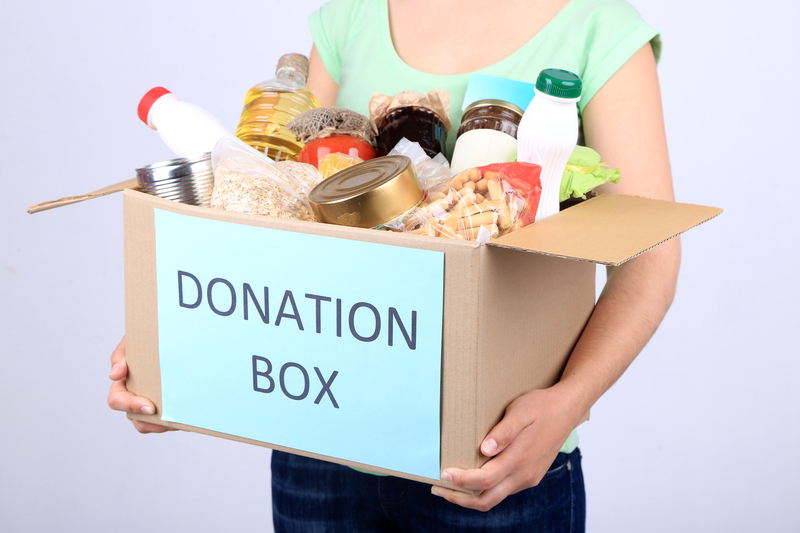How to Save Big on Bulky Waste Item Collection and Disposal
When it comes to getting rid of bulky waste items--like old sofas, mattresses, broken appliances, and garden debris--the costs can quickly add up. Many homeowners and renters find themselves surprised by how expensive large object disposal or furniture removal can be.
If you're looking for ways to save big on bulky waste item collection and disposal without compromising on convenience or legality, this comprehensive guide reveals practical and proven strategies. Whether you're decluttering your home, renovating, or just need to get rid of hard-to-move junk, you'll find actionable insights for cost-effective solutions below.
Understanding Bulky Waste and Why Collection Costs Add Up
Bulky waste refers to large items that aren't suitable for regular residential bin collections. Think sofas, wardrobes, appliances, mattresses, bedroom sets, exercise equipment, and sometimes even yard waste like tree branches or fencing. These items require special handling because they're heavy, awkward, and can't be easily compacted.
Factors Contributing to High Disposal Costs
- Weight and size: Heavy and oversized items often require special vehicles or extra labor.
- Environmental regulations: Many items need special recycling or processing, increasing handling fees.
- Labor and transportation: Disposal companies factor in fuel, manpower, and time especially for items with difficult access.
- Local government fees: Councils often charge for residential bulky waste removal services, sometimes per item.
Knowing why costs are high helps pinpoint where you can cut costs or find more economical options.

Top Ways to Save on Bulky Waste Item Collection and Disposal
With growing concerns about rising living costs, everyone wants to save money on junk removal. Here are our proven methods to make bulky item disposal more affordable, while staying eco-conscious and legal.
1. Check Your Local Council's Free or Low-Cost Collection Days
Did you know many local councils in the UK, US, Canada, and Australia offer free bulky waste pickup days? Other municipalities may have discounted rates for scheduled collections. This can save you a significant sum, sometimes allowing multiple items for a single small fee or entirely free once or twice a year.
- Visit your local council website and search for "bulky item collection".
- Mark calendars for scheduled neighborhood pick-up days.
- Book early: These services fill up fast, especially after holidays or during moving season.
Pro tip: If you miss a free collection day, see if your council allows you to partner with neighbors to split a special collection round--often the fees are lower when multiple households participate, and you all save money.
2. Donate Usable Items to Charity or Non-Profits
Charitable organizations are always in need of quality second-hand goods. Donating your bulky waste (like beds, sofas, or white goods) not only helps the community, but many charities offer free collection services. This is a win-win: you clear space, avoid landfill charges, and support a worthy cause.
- Try organizations like Habitat for Humanity ReStore, British Heart Foundation (UK), Goodwill, and local furniture banks.
- Items must meet safety and cleanliness standards (e.g., no large stains or broken parts).
- Book collections a week or two in advance if possible.
3. Sell or Give Away Items Online
You might be surprised what people will collect if it's cheap or free! Online marketplaces and communities are excellent for rehoming bulky items--saving you collection fees and even earning you cash.
- List on Facebook Marketplace, Freecycle, Craigslist, Gumtree (UK), or OfferUp.
- Take clear, honest photos and give accurate descriptions.
- Arrange "curb side" or driveway pickup so buyers don't enter your home.
Tip: Even broken items may find a second life with someone looking for spare parts or DIY projects!
4. Hire a Skip or Dumpster--but Share Costs
While dumpsters are traditionally expensive, hiring a skip with neighbors can reduce the cost per household dramatically. This is especially useful during community clean-ups or if several households are doing renovations at the same time.
- Compare skip sizes and prices in your area for the best deal.
- Check what the skip provider allows--some items like mattresses or electronics might cost extra.
- Split costs among participating families (create a WhatsApp group for coordination).
5. Take Advantage of Council Recycling Centers
Most towns and cities have waste recycling centers or "tips" that accept bulky items either for free or for a low drop-off fee. If you have access to a vehicle, self-transporting items is one of the cheapest ways to dispose of bulky waste.
- Check opening hours and identification requirements (some centers are residents-only).
- Enquire about limitations: some centers won't take certain items, or may restrict quantity per visit.
- Consider renting a van if you have several items--it's still cheaper than a private disposal service.
6. Bundle Multiple Items for Pricing Discounts
Some private bulky waste collectors or junk removal services offer discounts if you have several items or larger loads. The more you can clear at once, the lower the price per item.
- Request quotes: Always ask if there's a discount for more than one item.
- Negotiate the rate, especially if competitors have better offers.
- Combine your disposal needs with those of friends or family to maximize volume discounts.
7. Break Down Items Yourself
Large items like wardrobes, beds, or bulky furniture often incur extra charges due to their size. If it's safe, use basic tools to dismantle or break down items yourself. This will:
- Help fit more into your car for recycling center trips.
- Make items more manageable for council collectors (possibly fitting size restrictions).
- Reduce labor fees if hiring a removal company.
Always wear protective gloves and goggles when taking items apart, and keep tools out of reach of children.
Frequently Asked Questions About Bulky Waste Disposal Savings
What counts as a "bulky waste item"?
Generally, anything that doesn't fit in your normal garbage or recycling bin qualifies, including sofas, beds, couches, appliances, large toys, cabinets, and sometimes yard debris like fencing panels. Each area may have different rules, so check your local authority's definition.
Are there hidden costs to be aware of?
Yes. Some companies and councils charge extra for items like mattresses, electronics, fridges, or hazardous waste. Always verify whether special disposal fees apply before booking or dropping off.
What's the cheapest way to get rid of a bulky waste item?
Usually, the lowest-cost option is your council's FREE collection day or taking the item to a recycling center yourself. Donation or online giveaways are not only cheap--they could also save you money by giving your items a second life.
Is fly-tipping (illegal dumping) ever worth it?
Absolutely not! Fly-tipping is illegal, unethical, and carries heavy fines. Always rely on licensed collectors or council services for bulky waste removal to remain compliant and protect your neighborhood.
Tips for Choosing the Right Bulky Waste Collection Service
With so many options, finding the best value for your situation can be challenging. Here's what to look for:
- Transparent pricing: Avoid "hidden" fees; always request a written quote.
- Proper licensing: Ensure private companies have the required waste carrier license.
- Reputation: Look for online reviews or ask neighbors for recommendations.
- Insurance: Protect yourself if anything goes wrong during collection.
- Recycling commitment: Eco-friendly firms try to recycle or donate as much as possible, reducing landfill waste.
Eco-Friendly Ways to Dispose of Bulky Items
More and more consumers are mindful of their environmental impact. Landfills are costly and harmful to the planet, making green disposal methods a better approach. Save money while helping the earth by considering these options:
- Upcycle old items: Repurpose furniture into planters, pet beds, storage units, or art projects.
- Repair instead of replace: Sometimes a quick fix or reupholster can give new life to a bulky item at minimal cost.
- Join your local circular economy: Some cities have "repair cafes" or swap events where you exchange goods or get help fixing them.
How to Prepare for a Bulky Waste Removal Pickup
Whether it's the council, a charity, or a private removal service, being organized saves both time and money:
- Measure the dimensions and describe the condition of your items ahead of time.
- Place items as close to the pickup point (driveway, curbside, front yard) as possible to avoid extra charges for labor or difficult access.
- Label or separate items if several people are sharing a collection day.
- Double-check what can and cannot be collected: Some services don't deal with white goods, electronics, or hazardous materials.
If possible, schedule all your unwanted items for pickup at once to maximize savings and minimize hassle.

Summary: Key Ways to Save Big on Bulky Waste Item Collection and Disposal
- Use local authority free or low-cost collection schemes whenever possible.
- Donate, sell, or give away items before paying for removal.
- Self-haul to recycling centers for ultimate savings.
- Split skip or dumpster hire with neighbors.
- Disassemble items to lower labor and transportation costs.
- Check for discounts on multi-item pickups.
- Embrace eco-friendly disposal methods to save money and the planet.
Conclusion: Save Money and the Planet with Smart Bulky Waste Disposal
Getting rid of large, awkward junk doesn't have to cost a fortune. With a little creativity and organization, you can save big on bulky waste item collection and disposal, keep your home clutter-free, and protect the environment at the same time.
Remember--responsible disposal isn't just about saving money. It's about making your community cleaner, supporting reuse, and reducing landfill waste for future generations. By following the tips above, you'll be well-equipped to handle your next cleanup without breaking the bank.
For tailored advice and special offers, be sure to check your local authority's environmental website and speak with nearby licensed collection service providers.
Ready to start your clutter-free journey? Use these tips today and discover just how affordable (and easy) bulky waste removal can be!
